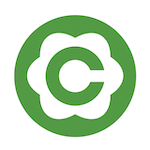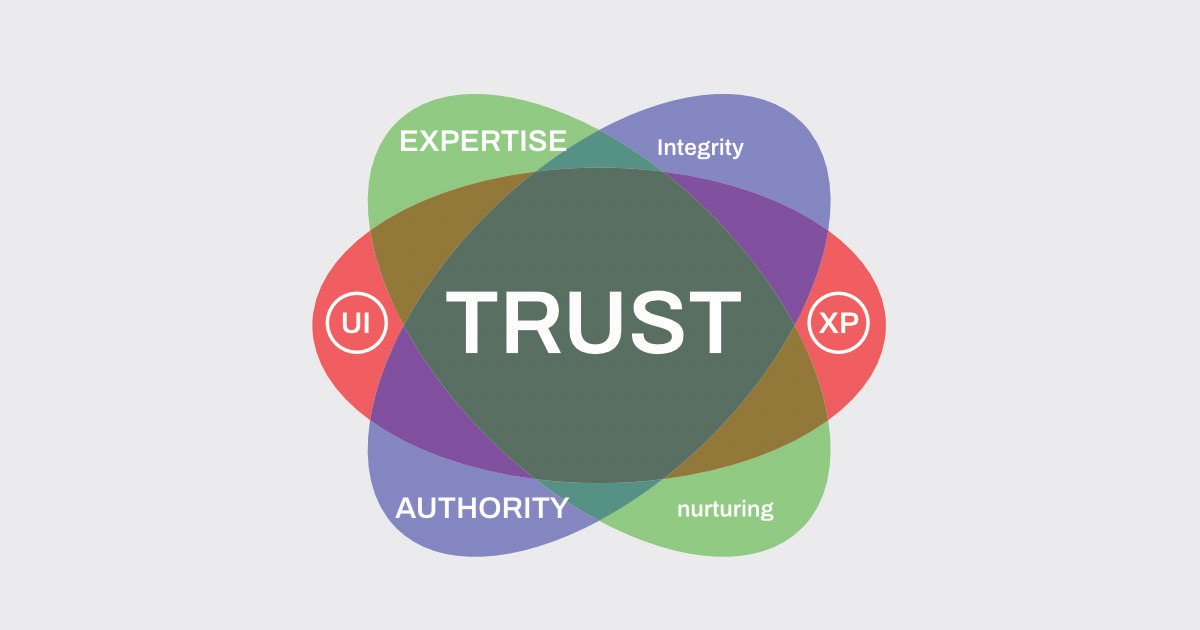Google’s EEAT Best Practices
Google’s EEAT Best Practices: Enhancing Content with Google Workspace & Tools
Google’s EEAT Best Practices are concerned with the essential components that answer the criteria for high-quality content: Experience, Expertise, Authoritativeness, and Trustworthiness.
These pillars ensure creators develop reliable, credible, and user-centric content that aligns with Google’s guidelines, particularly for sensitive topics requiring high levels of accuracy and trust, businesses and creators can build authority, foster trust, and meet both user needs and search engine standards.
Google Workspace and its suite of tools can also play a significant role in streamlining content creation, collaboration, and verification to meet EEAT standards effectively.
How to Adopt EEAT Best Practices
1. Demonstrating Experience
Google values content that reflects real-world experience, whether from firsthand knowledge or practical application.
How to Enhance Experience Using Google Tools:
- Google Docs & Google Keep: Document personal insights, experiences, and case studies that showcase real-world application.
- Google Drive: Organize and store research materials, testimonials, and real-life examples to reinforce authenticity.
- Google Forms: Collect user feedback, surveys, and firsthand accounts to support claims with real-world data.
2. Showcasing Expertise
Expertise involves demonstrating deep knowledge in a given field. Google favors content written by professionals with proven experience.
How to Enhance Expertise Using Google Tools:
- Google Scholar: Reference authoritative research papers and studies to substantiate claims.
- Google Meet & Google Chat: Conduct interviews with industry experts and integrate insights into content.
- Google Sites: Create a professional portfolio showcasing credentials, achievements, and past works.
- Google Slides: Develop presentations to share insights and establish thought leadership within your industry.
3. Building Authoritativeness
Authoritativeness is about positioning oneself or a business as a trusted source within a niche. This involves backlinks, mentions from reputable sites, and consistency in publishing high-quality content.
How to Enhance Authoritativeness Using Google Tools:
- Google My Business: Maintain an optimized profile with verified business details, reviews, and authoritative content.
- Google Search Console: Track website performance and identify content gaps to improve authority.
- Google Trends: Analyze trending topics to ensure content aligns with relevant industry conversations.
- YouTube & Google Podcasts: Publish authoritative content through multimedia formats to increase credibility.
4. Establishing Trustworthiness
Trust is a key factor in Google’s ranking system, particularly for YMYL (Your Money, Your Life) content, which can impact financial, health, and safety decisions.
How to Enhance Trustworthiness Using Google Tools:
- Google Drive & Google Docs: Maintain transparent sourcing by citing credible references in shared documents.
- Google Sites & Blogger: Ensure website security, transparency, and clear authorship details.
- Google Reviews: Encourage genuine customer feedback and testimonials to enhance credibility.
- Google Analytics: Monitor engagement metrics to identify trust signals such as low bounce rates and high dwell time.
- Google Safe Browsing: Regularly check for potential security threats that may affect website trustworthiness.
Conclusion
Adopting Google’s EEAT best practices is essential for businesses and content creators who want to improve their credibility, enhance user engagement, and rank higher in search results. By integrating Google Workspace and its tools into the content creation and verification process, organizations can effectively uphold EEAT standards and ensure their content is both authoritative and trustworthy.
By leveraging tools such as Google Docs for content organization, Google Scholar for research, Google My Business for credibility, and Google Search Console for optimization, businesses can develop a robust strategy that meets both user needs and search engine requirements.


Leave a Reply
You must be logged in to post a comment.